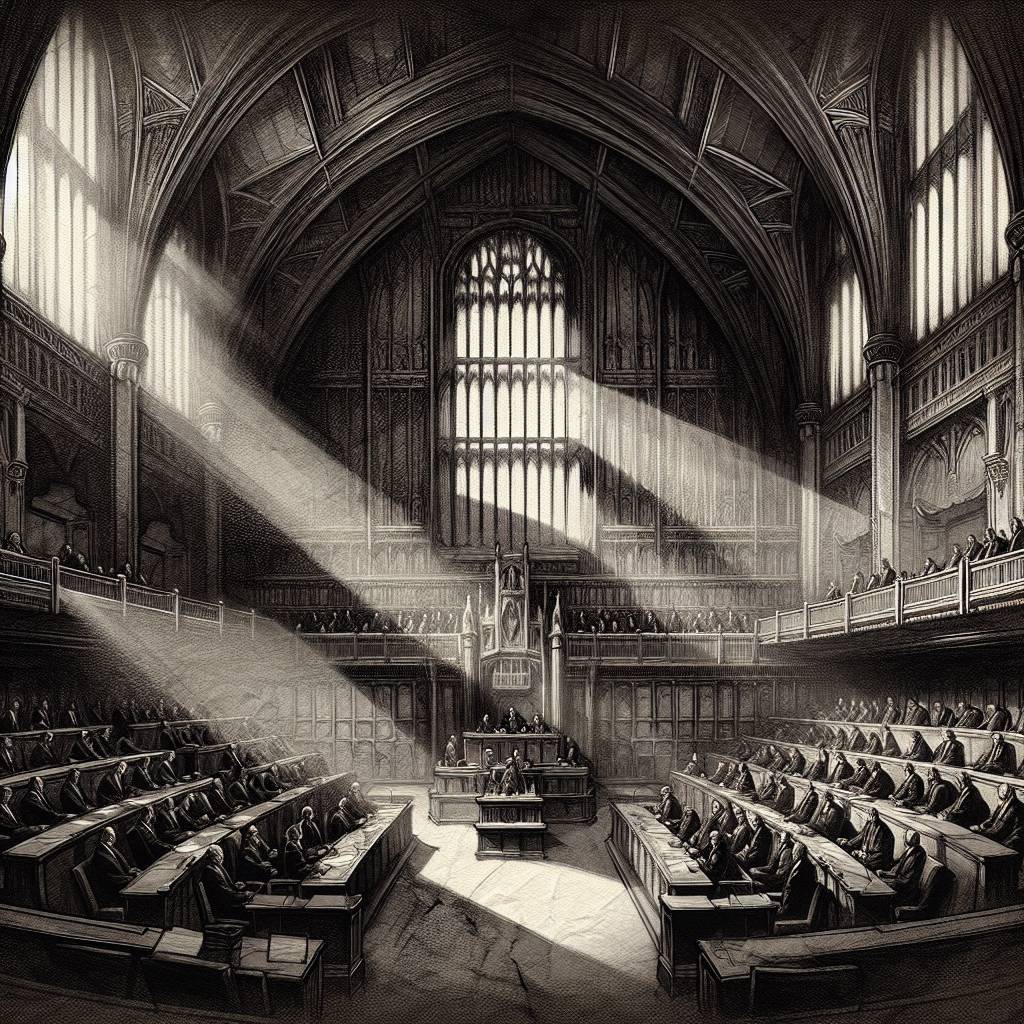US Senate Expands Controversial Surveillance Program: Privacy Concerns Skyrocket
The US Senate’s approval of the National Defense Authorization Act has expanded a controversial US surveillance program, Section 702 of FISA. Now heading to President Biden, the bill’s reauthorization worries experts, as it could allow any US business to become a potential wiretap target—like turning your local coffee shop into a secret agent.

Hot Take:
Guess what, America? Your phone calls might be starring in the next big government surveillance drama! The US Senate just gave a thumbs-up to the National Defense Authorization Act, and with it, a hearty pat on the back to Section 702 of the Foreign Intelligence Surveillance Act. This means Uncle Sam’s got a new toy for wiretapping calls between Americans and those sneaky foreigners abroad. And all it took was some vague language and a sprinkle of controversy to pass it on to President Biden’s desk for his John Hancock. So, who needs privacy anyway, right?
Key Points:
- US Senate passed the National Defense Authorization Act (NDAA) with an 85–14 vote.
- Section 702 of the Foreign Intelligence Surveillance Act (FISA) sees major expansion.
- Changes redefined “electronic communications service provider,” expanding surveillance reach.
- Efforts to clarify and restrict the program were removed from the bill.
- Privacy and civil liberties concerns remain unaddressed as the bill heads to President Biden.
